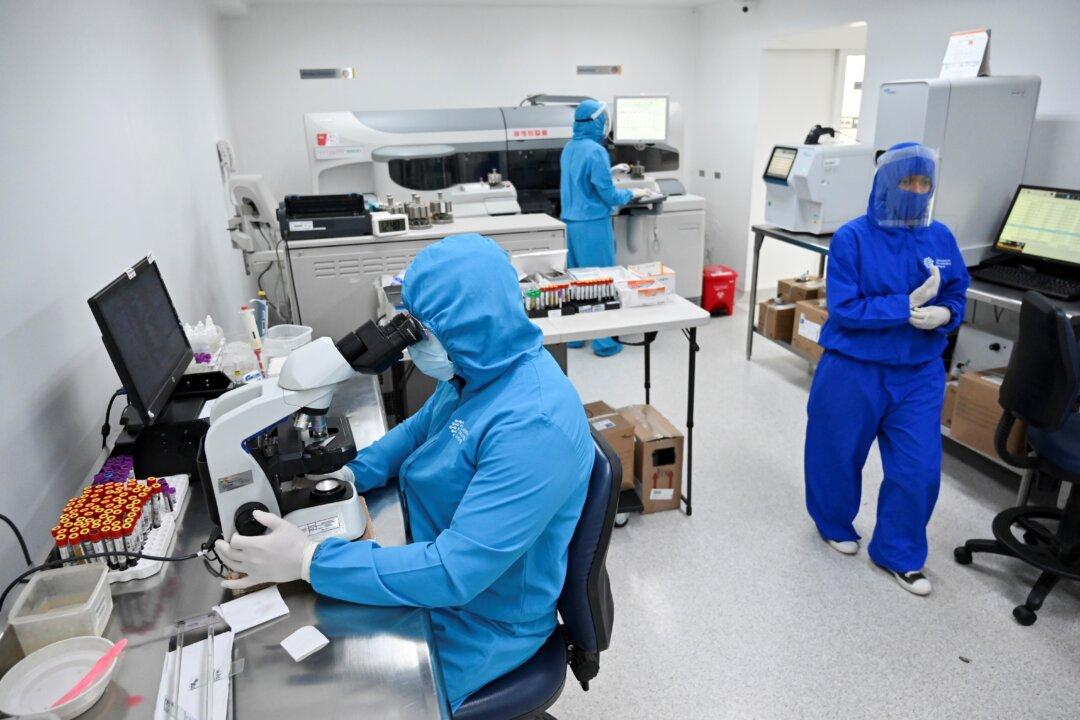Boston University issued a statement Tuesday defending its research of a COVID-19 Omicron strain when they took the variant’s spike protein and attached it to the original COVID-19 strain, leading to a higher mortality rate in a certain species of mice, triggering concern among lawmakers.
“The Omicron S-bearing virus robustly escapes vaccine-induced humoral immunity, mainly due to mutations in the receptor-binding motif... while Omicron causes mild, non-fatal infection, the Omicron S-carrying virus inflicts severe disease with a mortality rate of 80 percent,” the preprint study said.





